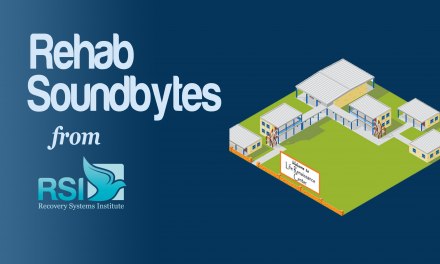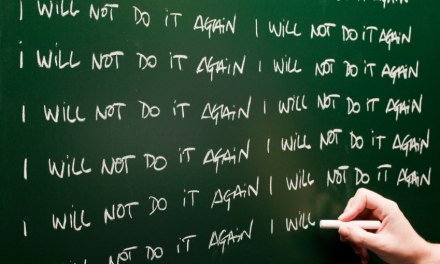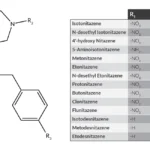The majority of offenders arrive in diversion programs with the view that their DWI arrest represents an isolated event rather than what it actually is– the result of a pattern of behavior that made it almost inevitable, given time. It could take years, but if the pattern continues, it’s really only a matter of when the axe falls, once again.
Frankly, I suspect most American adults who drink, especially the men, have at one time or another driven while under the influence, whether of alcohol, other drugs, or both. I must have when I was young and stupid, although I probably wasn’t aware of it — that was an era when the subject rarely came up. It should have, because there were a whole of lot of people driving drunk, but it didn’t.
I assume that the majority of us grew out of the pattern as we aged. We became more cautious, aware of risks in general. We had more at stake than in our teens and early twenties. Maturity, I believe they call that.
Of course, some stuck with the old pattern. It became an established part of routine, of lifestyle. Still not something to worry about, however. Because nothing had happened.
And because they weren’t stopped, didn’t cause an accident, made it safely to their destination without consequences– that experience reinforced their conviction that this was not a problem they needed to worry about. And by extension, how they ran their lives was still nobody’s business but their own.
Then, unexpectedly, the Law made an appearance. DWI arrests are annoying, embarrassing and costly. People look at you as if you’ve done something wrong. As if you deserve punishment.
I recall the first time I assessed a DWI offender. He threw his cigarette at me, just for asking about the night he was arrested. Of course it wasn’t me he was angry with, it was himself. And not for having driven. For getting caught.
Like that general of a defeated army who was asked if he had regrets. “Yes,” he admitted. “I regret that we lost.”
Treatment programs deal with this anger in different ways. “It’s too sore a subject,” one counselor confessed. “We don’t even discuss the arrest in group. They’re just too angry. it’s easier to talk about other things.”
“Like what?”
“Oh, what’s going on in their lives. Their relationships, the problems at work, problems finding work, conflicts with the family. Real issues. They get a lot out of it, believe me.”
I’m sure they do. Still, how likely is someone to change a behavior pattern they don’t acknowledge exists? Not very, I would think.
Some programs have responded with heavy emphasis on motivational work. One I worked with begins its IOP with a one day intensive workshop built around a succession of brief educational presentations interspersed with 30-45 minutes of small group discussion on each topic. It counts against required hours and is intended to create a more positive group experience to carry through the treatment course. Seems to work. At least they think it helps.
I’m sure there are other examples. It’s important not to stick to a narrow format if it isn’t producing the desired results. Better to get creative, try something new. Measure the outcomes. Make improvements.













